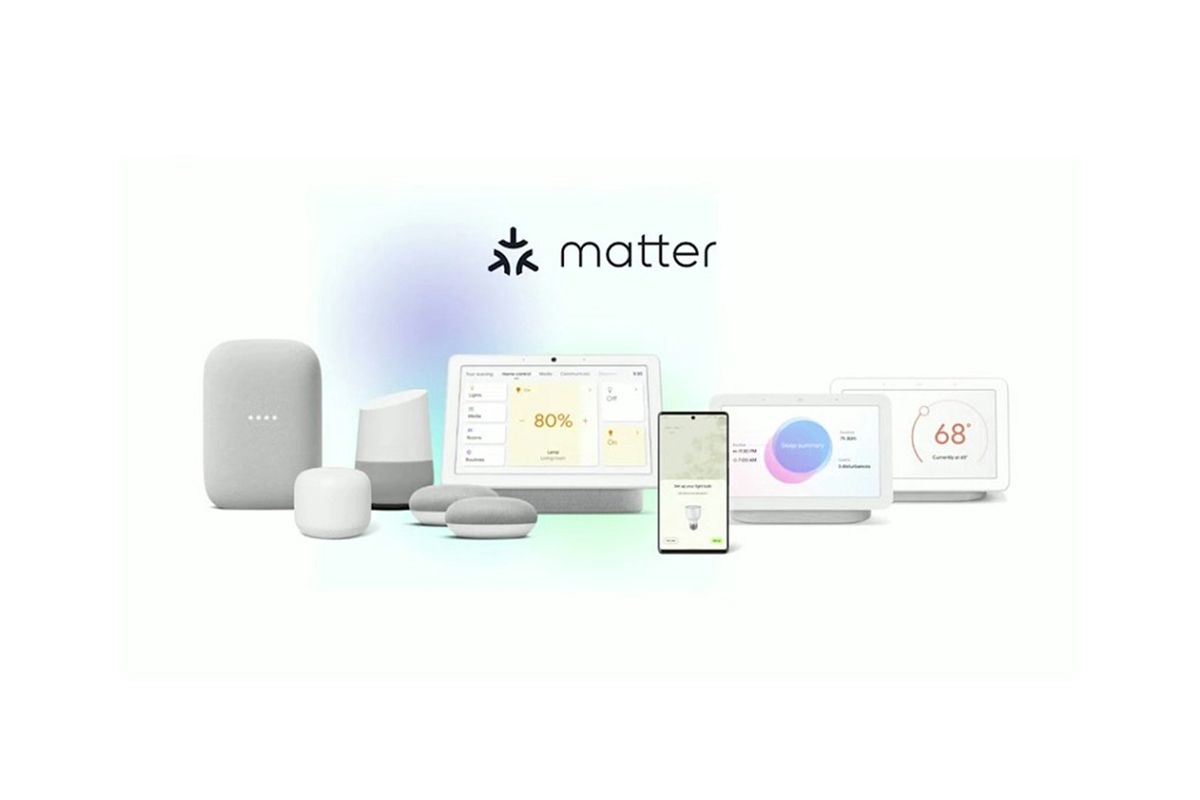At its I/O developer conference last year, Google announced it would soon bring Matter support to Android and Nest smart home devices. However, the company did not share a definite timeline for the rollout. At this year's Google I/O, the company finally confirmed that Android 13 would provide support for Matter-enabled devices. Now that Android 13 has finally rolled out on the stable channel, Google seems to have started rolling out Matter device controls to some Android users.For the unaware, Matter is a new universal smart home standard that aims to offer interoperability between smart home devices from various OEMs, including Apple, Google, Amazon, Samsung, Philips, and more. With Matter support, smart home devices from these manufacturers would work together seamlessly, allowing users to control connected devices using a single app. Most of these OEMs plan to offer Matter support by the end of this year, but Google has reportedly started rolling out Matter device controls (via Android Police) to some users through Google Play Services.
A new Matter devices & services section has started showing up for some users in the Devices & sharing Google account settings. It includes a Connect new device option to help you connect a Matter-enabled device, a Show notification toggle that will automatically alert you if there's an unpaired Matter-enabled device nearby, and a list of linked Matter devices. To connect to a new Matter-enabled device, users will either have to enter a setup code or scan a QR code provided with the device.
However, as Mishaal Rahman notes, most users probably won't use this interface to add new Matter devices to their smart home setup. That's because Google's developer documentation states that the company will offer a native setup option in the Google Home app. Since the new Matter devices & services option is buried deep within the Google account settings, it won't be as user-friendly as a setup option in the Google Home app. Unfortunately, these options are yet to roll out widely, and it might be a while before they show up for more users.
Via: Android Police

